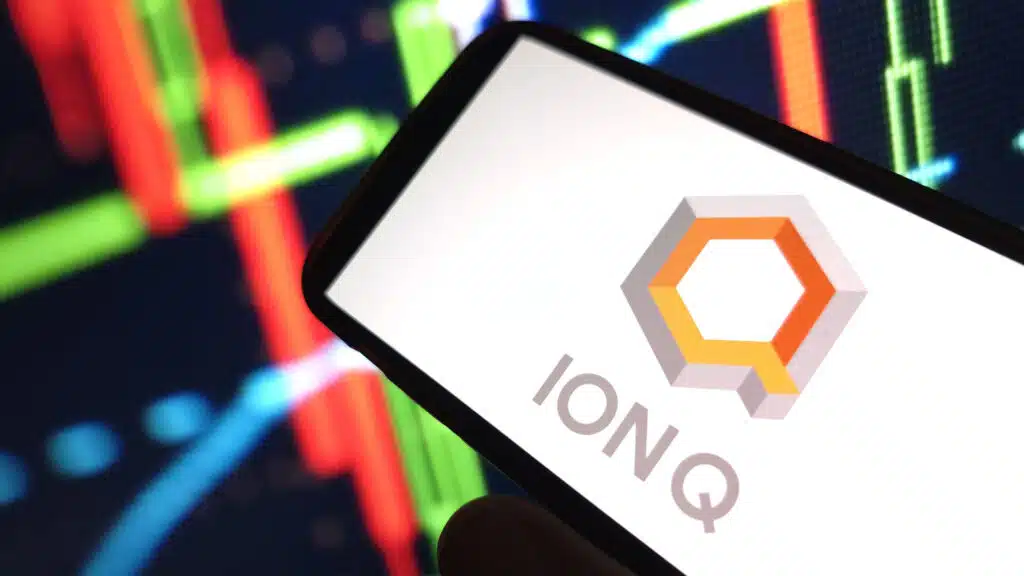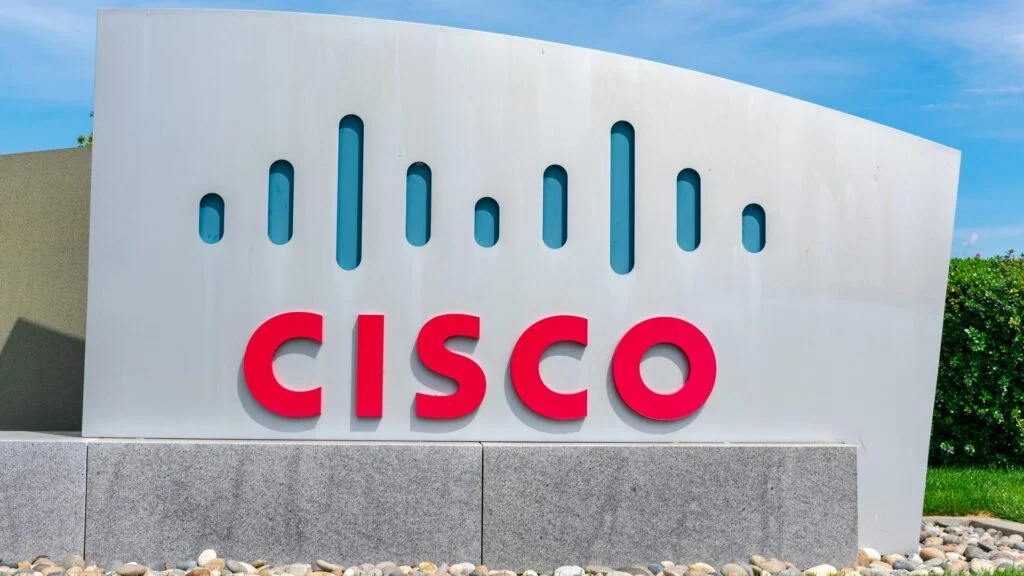The News: Samsung and Microsoft recently announced they have joined forces to introduce the world’s first on-device attestation solution for enterprise security, marking a significant milestone in ongoing efforts to combat cyber threats and secure sensitive company information. This innovative on-device, mobile hardware-backed device attestation solution works seamlessly on both corporate and personal devices, which is critical in today’s bring your own device (BYOD) workplace. Read more in the Samsung Press Release.
Samsung and Microsoft Introduce On-Device Attestation for Security
Analyst Take: Samsung and Microsoft announced they have joined forces to introduce the world’s first on-device attestation solution for enterprise security, marking a significant milestone in ongoing efforts to combat cyber threats and secure sensitive company information. With the rapid digitization of businesses and the increasing reliance on mobile devices, the need for robust security measures has become more critical than ever before. This innovative on-device, mobile hardware-backed device attestation solution works seamlessly on both corporate and personal devices, marking a significant advancement in the industry. On-device attestation is a security protocol that verifies the integrity and authenticity of devices connecting to a network by using cryptographic keys to confirm that a particular device is genuine and free from any tampering or unauthorized modifications. By integrating on-device, mobile hardware-backed device attestation with Microsoft Intune’s protection, Samsung Galaxy devices now offer heightened security and adaptability.
For businesses, this collaboration provides an additional layer of protection against compromised devices attempting to falsely represent themselves as legitimate, which could lead to unauthorized access to sensitive corporate information. Traditionally, organizations have employed various security measures, such as virtual private networks (VPNs) and firewalls, to protect their networks from external threats. While these solutions offer a level of protection, they fall short on verifying the integrity of the devices themselves, as the door remains open for potential attackers to exploit compromised devices and gain unauthorized access to critical systems. With the new on-device attestation solution developed by Samsung and Microsoft, enterprises can now add an additional layer of defense to their security infrastructure by enabling devices to attest to their integrity before connecting to a network, which significantly reduces the risk of unauthorized access and potential data breaches.
One of the key advantages of this collaboration is the combination of Samsung’s trusted hardware and Microsoft’s expertise in cloud-based security solutions, ensuring the attestation process is seamless and robust, providing real-time verification of devices’ security posture without introducing additional complexities for end-users. Moreover, the on-device attestation solution is designed with user privacy in mind by allowing enterprises to verify the security of a device without compromising the users’ personal data or violating their privacy rights. This on-device, mobile hardware-backed device attestation is available on Samsung Galaxy devices and combined with protection from Microsoft Intune.

“Samsung is committed to meaningful innovations that are as secure as they are versatile and optimized,” said KC Choi, EVP and Head of Global Mobile B2B Team, MX Business at Samsung Electronics. “As work habits evolve and people are working from virtually anywhere on any device, we are paving the way for the future of enterprise device security and democratizing the means for businesses to better protect their information.”
In an ever-changing workplace environment characterized by shifting work patterns and ever-more complex cyber dangers, the Zero Trust security model operates on three core principles: presuming breach at all times, explicit verification of users, and granting minimal access privileges. The adoption of Zero Trust has been made mandatory by regulated industries and public sector entities, including the US government. This necessitates the need to enforce end-to-end security, encompassing applications, networks, and devices, irrespective of ownership and enrollment status.
Disclosure: The Futurum Group is a research and advisory firm that engages or has engaged in research, analysis, and advisory services with many technology companies, including those mentioned in this article. The author does not hold any equity positions with any company mentioned in this article.
Analysis and opinions expressed herein are specific to the analyst individually and data and other information that might have been provided for validation, not those of The Futurum Group as a whole.
Other insights from The Futurum Group:
Microsoft’s Zero-Upcharge Copilot Strategy May Elevate GenAI Adoption
Samsung Care+ Will Delight Customers and Promotes Sustainability
Microsoft and Partners will Strengthen Microsoft 365 Data Protection
Author Information
Clint brings over 20 years of market research and consulting experience, focused on emerging technology markets. He was co-founder and CEO of Dash Network, an integrated research and digital media firm focused on the CX market, which was acquired by The Futurum Group in 2022. He previously founded Tractica with a focus on human interaction with technology, including coverage of AI, user interface technologies, advanced computing, and other emerging sectors. Acquired by Informa Group, Clint served as Chief Research Officer for Informa’s research division, Omdia, with management and content strategy responsibility, formed by the combination of Tractica, Ovum, IHS Markit Technology, and Heavy Reading.
Clint was previously the founder and President of Pike Research, a leading market intelligence firm focused on the global clean technology industry, which was acquired by Navigant Consulting where he was Managing Director of the Navigant Research business.
Prior to Pike Research, Clint was Chief Research Officer at ABI Research, a New York-based industry analyst firm concentrating on the impact of emerging technologies on global consumer and business markets.
Clint holds a Master of Business Administration in Telecommunications Management from the University of Dallas and a Bachelor of Arts in History from Washington & Lee University.







